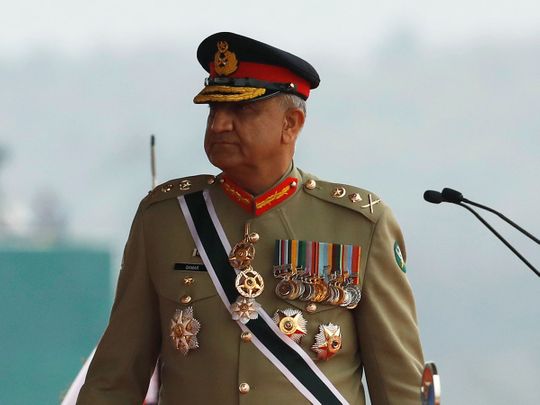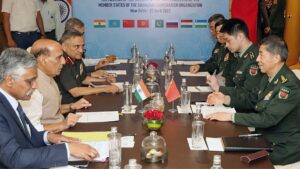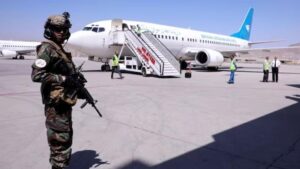WATCH: 50 years on, Pakistan Army still exorcising the ghost of 1971 surrender

WATCH: 50 years on, Pakistan Army still exorcising the ghost of 1971 surrender
London: Pakistan’s defeat in 1971 war was a political failure and not a military one, the country’s outgoing Chief of Army Staff (COAS) General Qamar Javed Bajwa said in his Defence Day speech.
I want to correct some facts here. Firstly, former East Pakistan was a political failure and not a military one,” Pakistan army chief General Qamar Bajwa said.
He further said that a “false narrative was created”, from which “an escape is now being attempted”.The statement by General Bajwa is the latest in the slew of attempts by Pakistan army to cover up its history of killing unarmed civilians in Bangladesh.
East Pakistan was not a military but a political failure: General Bajwa. pic.twitter.com/jB2NJLnUH7
— Naila Inayat (@nailainayat) November 23, 2022
Pakistan army fought bravely in 1971 civil warBajwa said that the number of soldiers fighting was not 92,000 but 34,000 and the others were in different government departments.
He further said that these 34,000 soldiers were confronted by the Indian Army of 2,50,000 soldiers and 2,00,000 members of the Mukti BahiniAgainst these heavy odds, our army fought bravely and gave exemplary sacrifices which were acknowledged by (the then) Indian Army chief field marshal Manekshaw,” the Pakistan army chief said.
He also said that Pakistan had yet not owned up to these sacrifices which was a “great injustice”. “Taking advantage of this occasion, I salute these martyrs and will continue to do so. They are our heroes and the nation should be proud of them,” he addedArmy’s ‘patience has a limit’, asserts Bajwa; warns Pakistan politicians
Criticising the Pakistan’s anti-military narrative, Bajwa “corrected some facts” about the 1971 Bangladesh war. For the unversed Bangladesh was formerly East Pakistan.
Bajwa further criticised anti-military narrative and urged the political leaders in the country to set aside the often use of words “imported” and “selected” for the welfare of Pakistan.
Notably, former Pakistan prime minister Imran Khan, earlier this month, had alleged that incumbent PM Shehbaz Sharif, Interior Minister Rana Sanaullah and Major General Faisal Naseer were part of a plot to assassinate him.I came to the conclusion that it is because of army’s involvement in politics (that it is criticised so much). So, in February last year, the institution decided that it will no longer interfere in politics,” he said.
To criticise the army is the right of (political) parties and the people, but the language used (should be careful),” the current Pakistan army chief said.He went on to say, “Political stability is mandatory and the time has come for all political stakeholders to set aside their ego, learn from past mistakes, move forward and take Pakistan out of this crisis.”
The India-Pakistan war of 1971 is also known as Bangladesh Liberation war because after the battle, Bangladesh became independent after authorities in Pakistan, dominated by the West, launched an operation to counter a freedom movement in the region, after the 1970 elections that gave more teeth to govern to parties from East which the West said was unacceptable.For the uninitiated, Pakistan, upon its formation in 1947 following British India’s partition, was divided in two parts — West Pakistan (present-day Pakistan) and East Pakistan (present-day Bangladesh).





